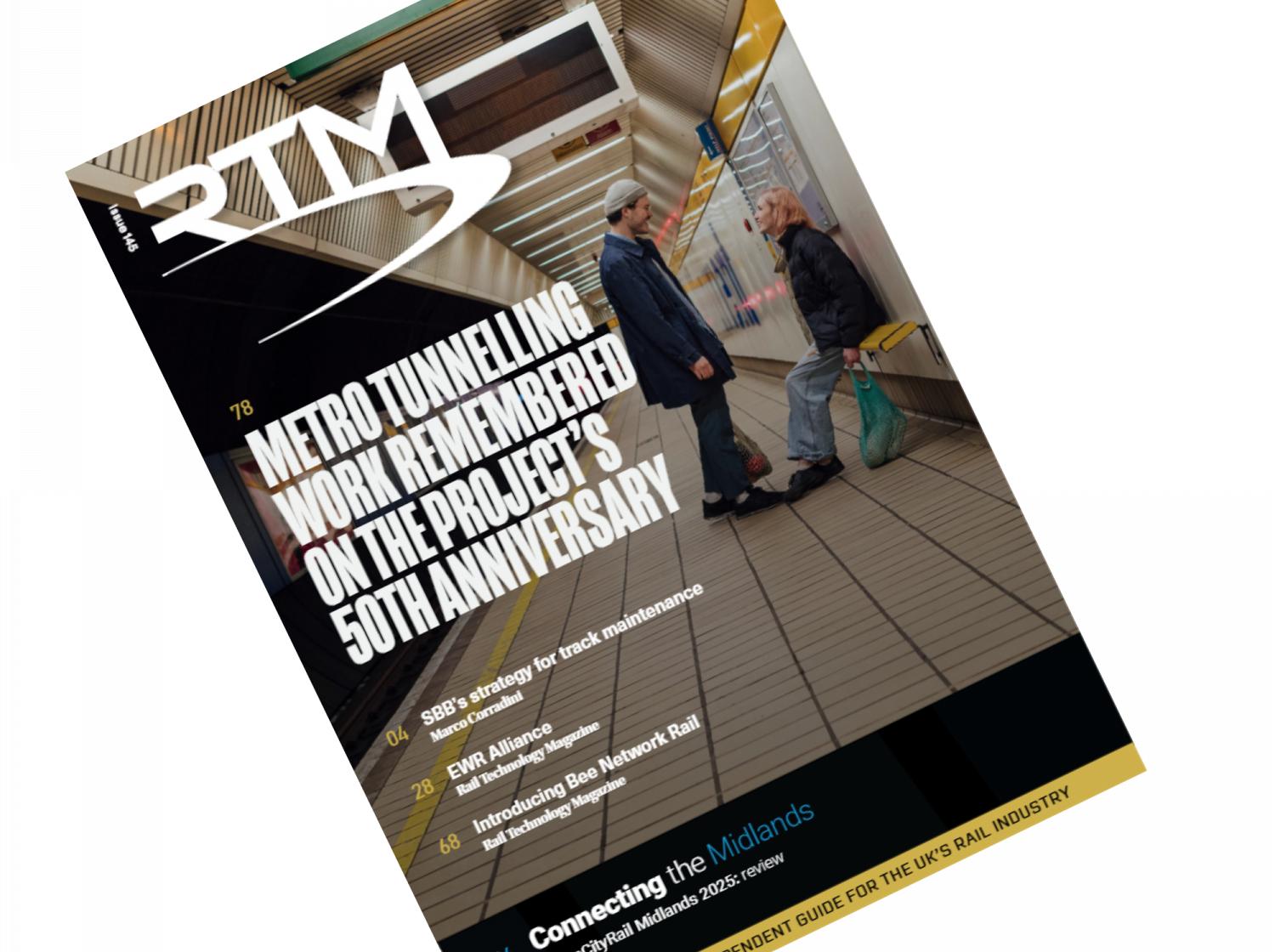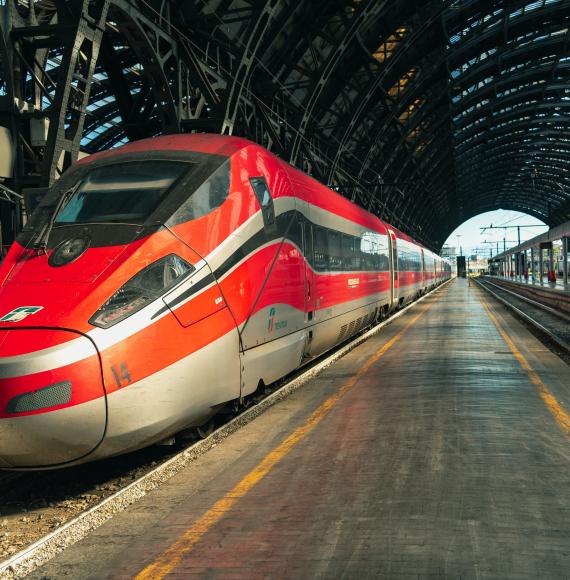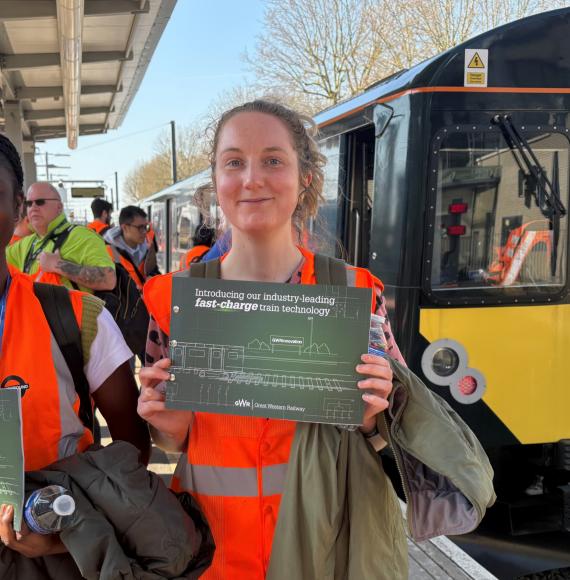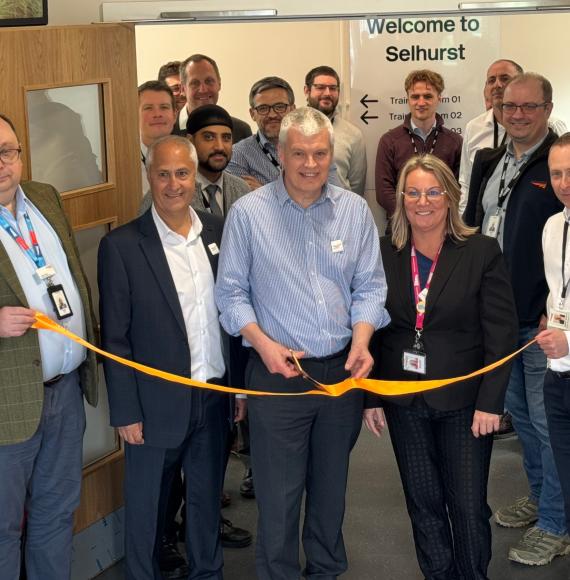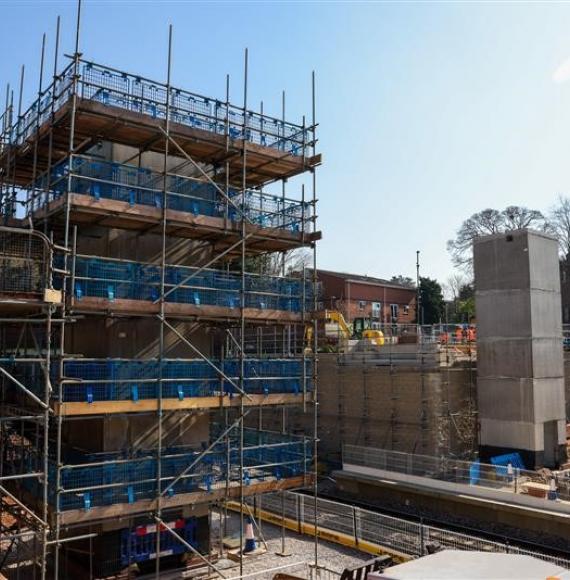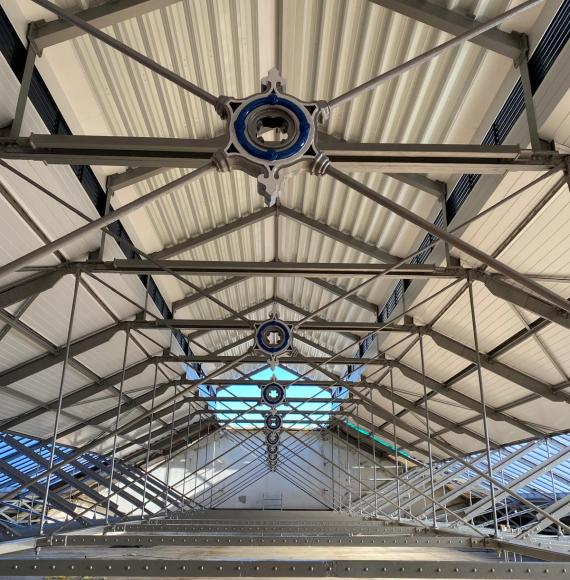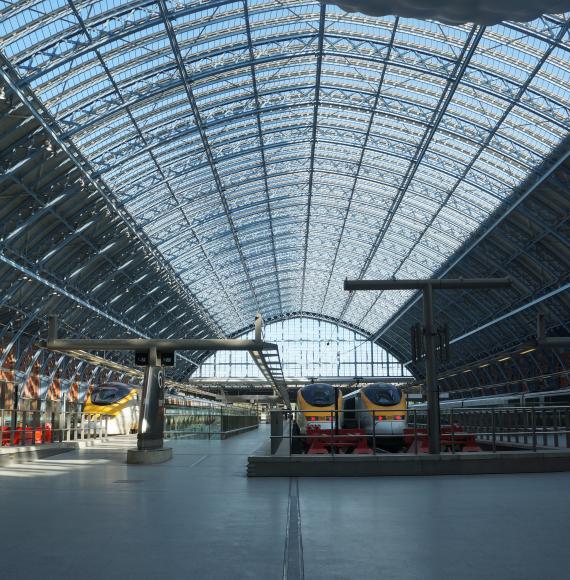Network Rail have been found to continually deliver its planned efficiencies in 2021/22 through the Office of Rail and Road’s (ORR) annual assessment, but it must manage its financial risks, particularly in the face of rising inflation.
The recent report has identified that Network Rail have delivered efficiency improvements worth £840m, overshooting their original target by £10m. The majority of Network Rail’s five regions were able to meet or exceed targets, with the Eastern region delivering the biggest achievement through reaching £251m, equating to 30% of the £840m total.
A region that has caused concern within the ORR’s findings is Network Rail’s deliveries of efficiencies in Scotland. The report highlights that this region has delivered only £64m which sits at 21% behind their target.
The regional discrepancies continue when it comes to Network Rails delivery of renewal works and performance of infrastructure. The regulator has advised that a continued focus is required to improve their structures such as railway bridges and tunnels.
The ORR assessment also identified that overall train performance worsened from the previous year as the network dealt with busier travelling times. The Welsh and Western regions were the two key areas that were falling behind in service performances, with the ORR wanting to see clear and targeted plans that will deliver improvements for passengers and freight users moving forward.
ORR Chief Executive John Larkinson said:
“Network Rail has played a key role in ensuring we continue to have one of the safest railways in Europe. Its delivery of efficiencies remains strong but financial risks, including inflation, need to be carefully managed.
“There are only two years left in Control Period 6, which runs from 2019 to 2024, and an increase in financial risks could result in delayed work and under delivery of planned efficiencies.
“And as work continues with government to facilitate rail reform, Network Rail needs to keep focused on getting the basics right. This includes maintaining safe and reliable infrastructure and delivering on financial efficiencies, to protect the interests of both taxpayers and rail users.”
The regulator found overall progressions made following the fatal derailment at Carmont, Aberdeenshire in 2020, adhering to recommendations for changes in operations. To maintain long-term improvements and success, focus on implementing recommended changes must be adhered to, such as improved responses to extreme weather conditions. The recent heatwave has highlighted where UK rail infrastructure needs to improve its durability and sustainability.
Want to know more about the opportunities to become a key supplier to the UK rail industry? Attend TransCityRail and access an exclusive marketplace of buyers from Network Rail, HS2, Train Operators, Major Contractors, and all other tiers of the supply chain. For more information and to secure your place click here.



